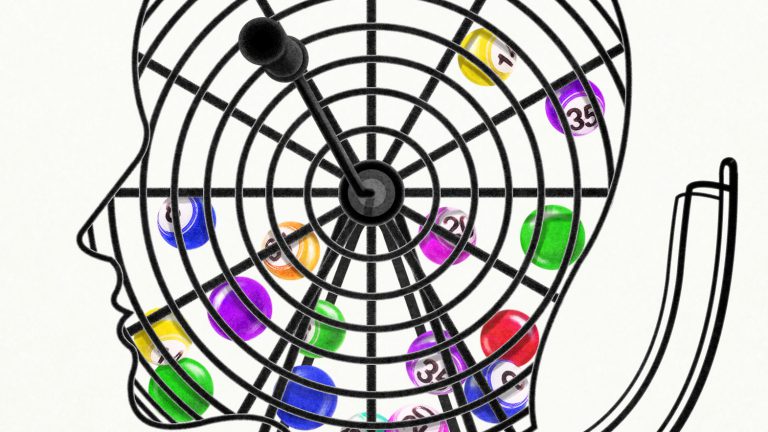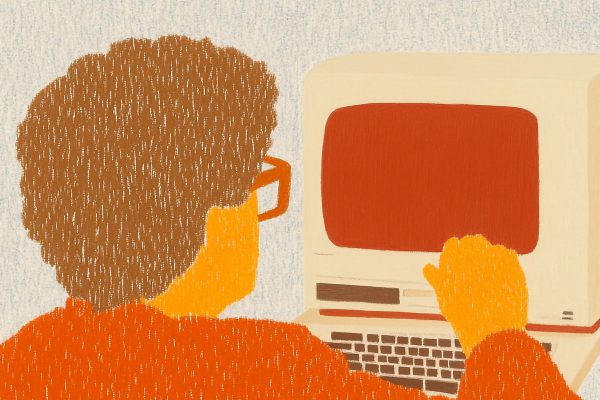How much of a role does luck play in investments and other important decisions? Former stock trader and influential statistician-philosopher Nassim Nicholas Taleb is uniquely equipped to examine the question—and the answer he finds in FOOLED BY RANDOMNESS might surprise you. Here are two top insights from our latest Instaread.
Key Insight 1: The value of a decision should be judged not on its outcome, but on whether it was the best possible choice at the time.
If a stock skyrockets in value, market analysts and commentators often argue that buying was the right decision. Likewise, when a stock plummets in value, they claim that its backers made a mistake. Whether buying the stock was a good decision or not, however, is independent of its future performance in the market. A decision’s merit is determined by whether the choice was the best one given the information available at the time, not based on the information available after the outcome becomes clear. If people use data obtained at a later date to judge a decision, then their statements are likely affected by hindsight bias, or the tendency to assume current information was available and widely known at the time the choice was made.
Key Insight 2: Information cannot be used to confirm a hypothesis; it can only be used to disprove one.
Hypotheses are generally testable assertions based on past data. The past, however, does not always indicate what will happen in the future. Since the future can contain unforeseen factors and outcomes, presently available information can only be used to debunk false hypotheses; it cannot be used to prove that a hypothesis will hold true for all of eternity. A market analyst can use data, for example, to disprove the idea that stock options are always bad investments. But the analyst cannot use data to prove that stock options are always the best portfolio choice.
Learn more in our Instaread on FOOLED BY RANDOMNESS.







